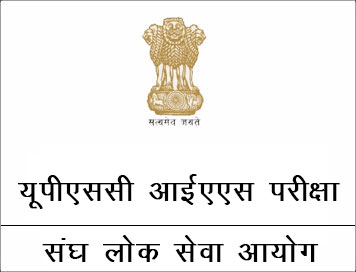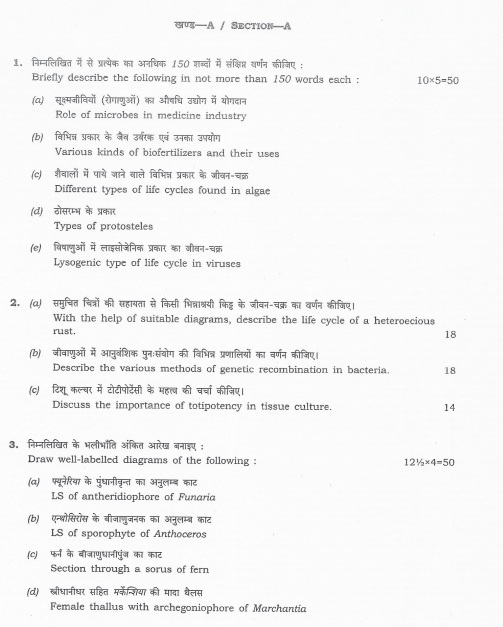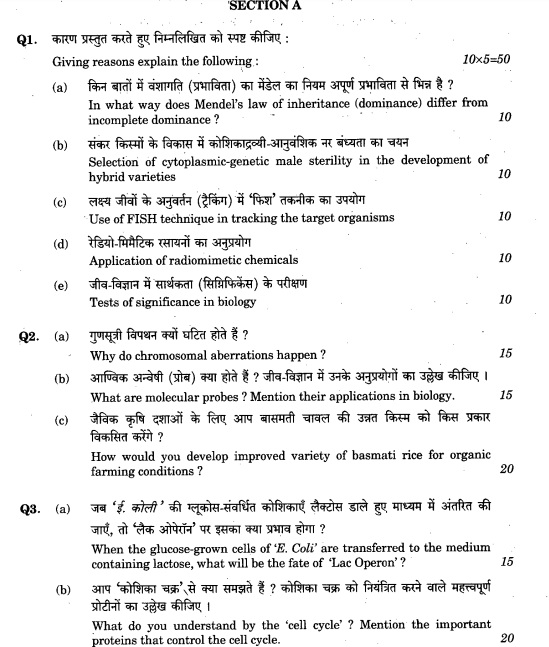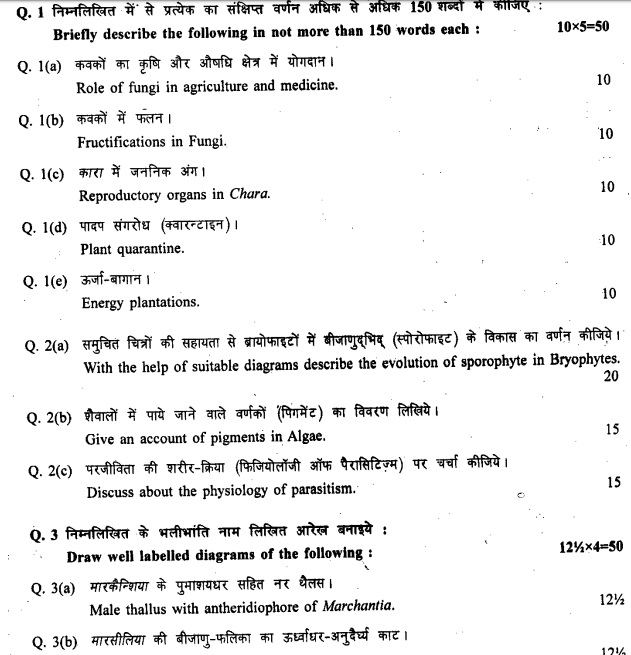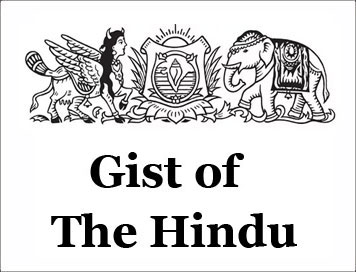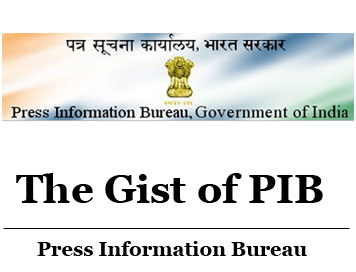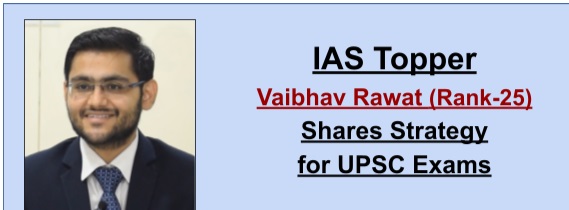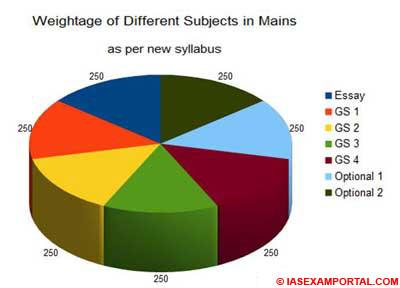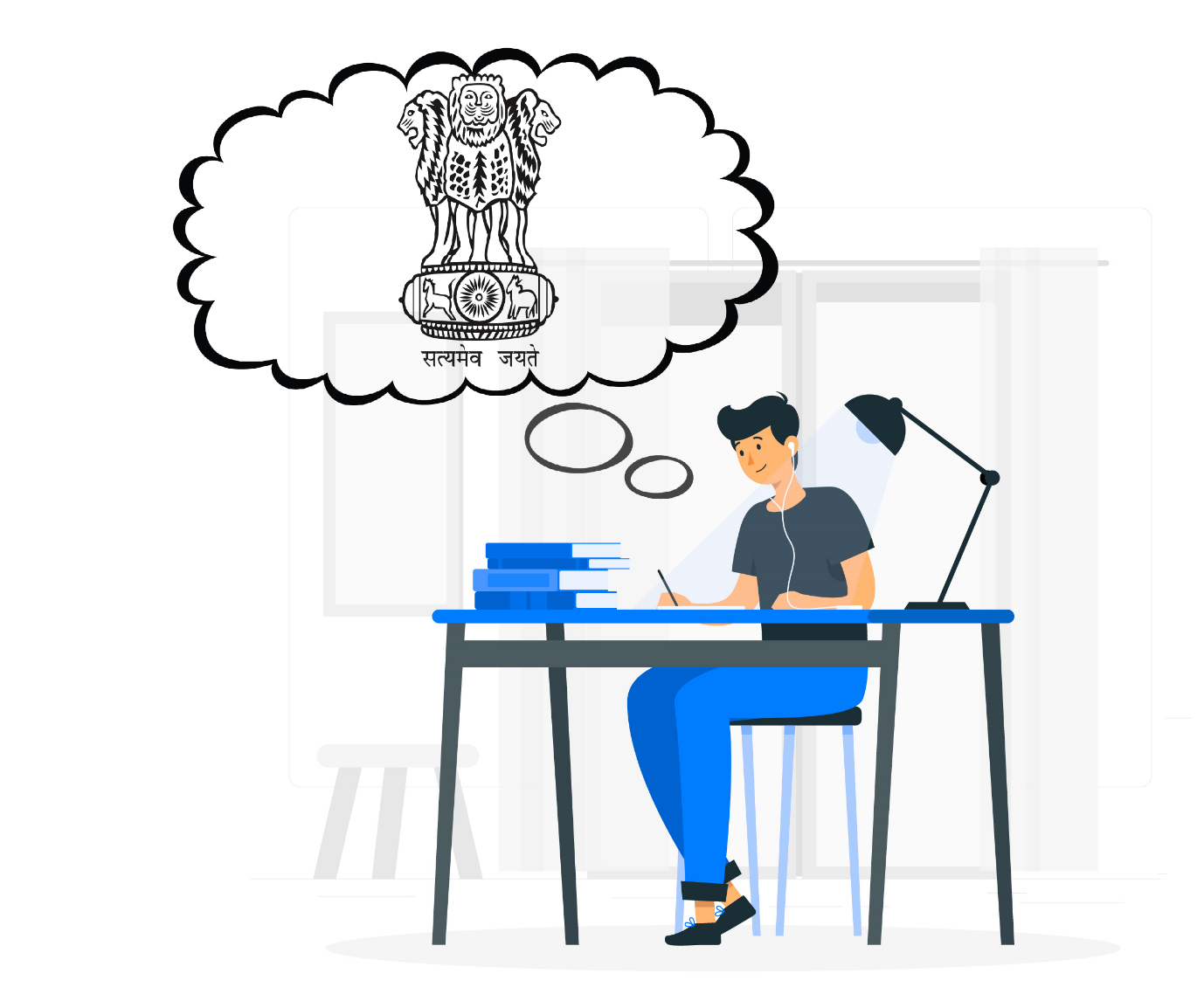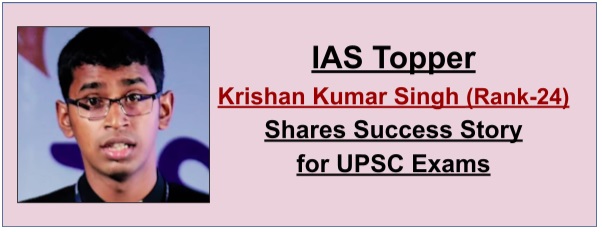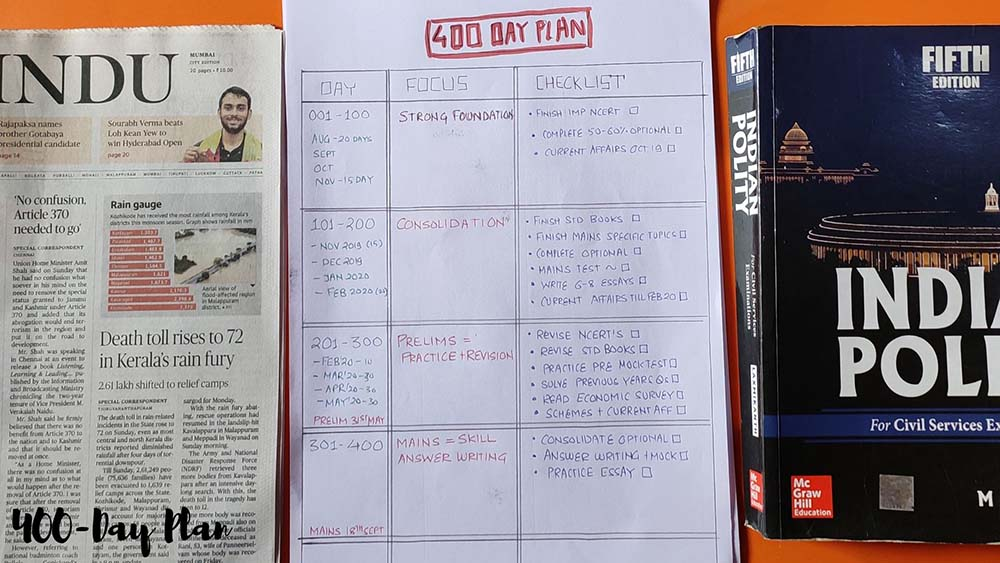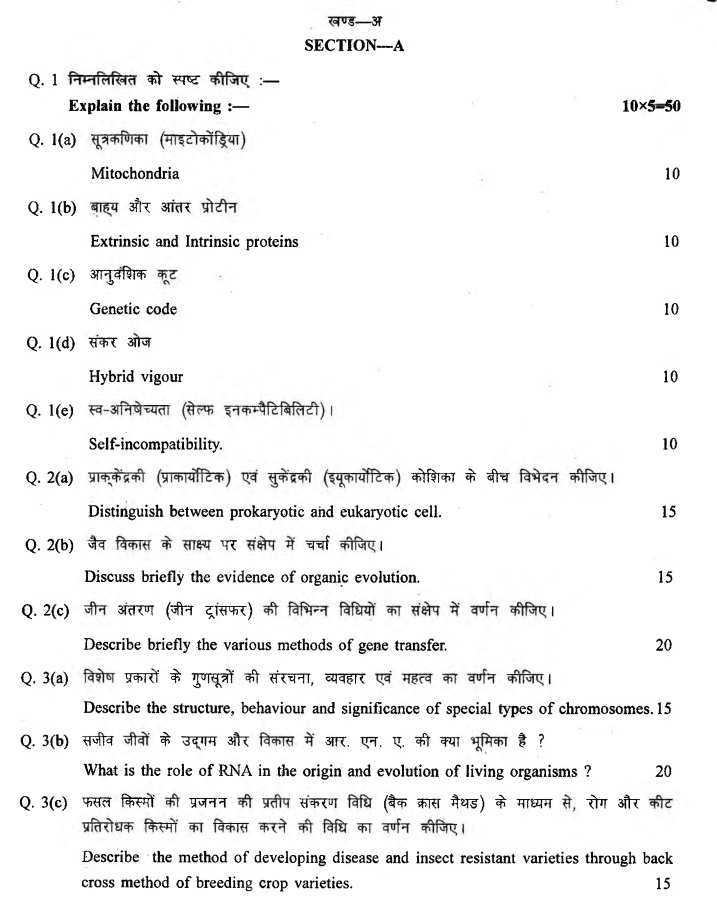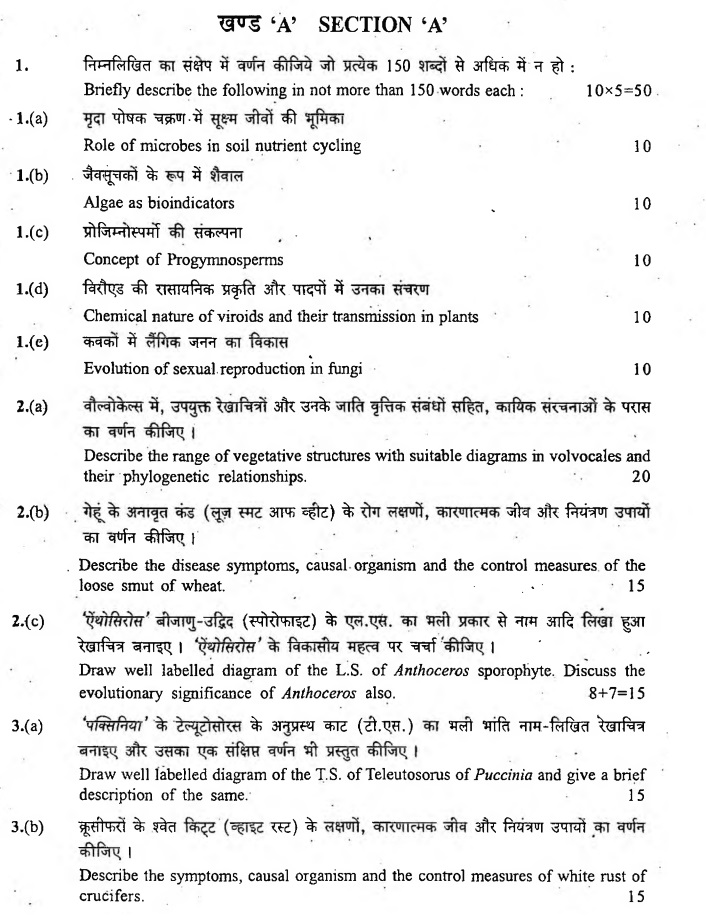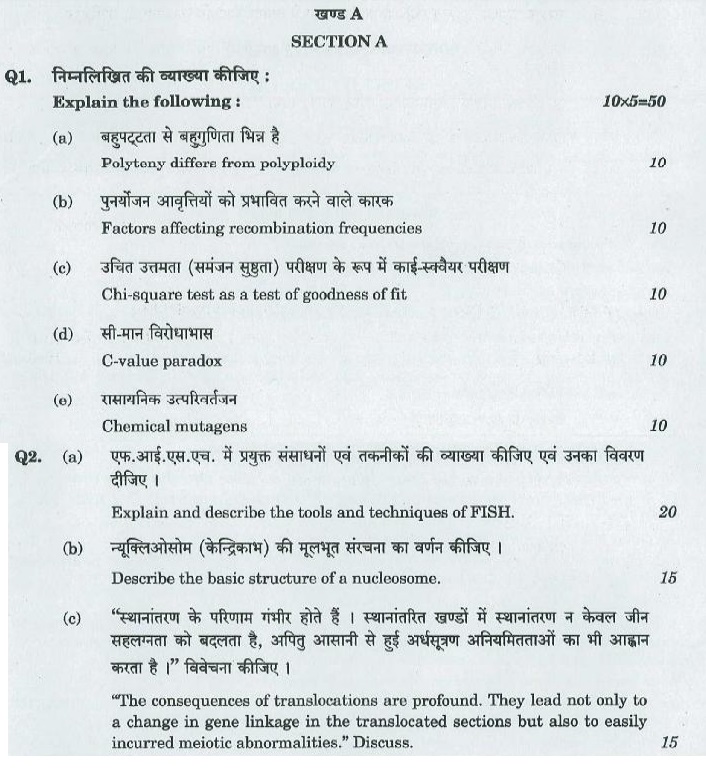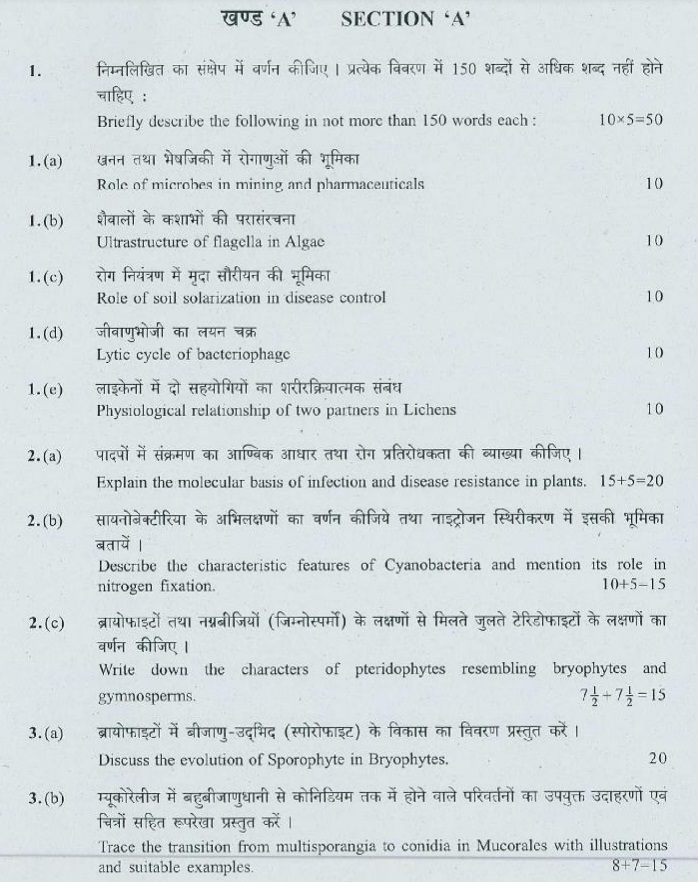
Sample Material of Current Public Administration Magazine
1.Accountability & Responsibility
-
Indianness is citizenship, not caste
A few days ago, I was startled to read a screaming headline in several newspapers: Indianness the Only Caste. It was the headline of a story reporting the speech of the Prime Minister when inaugurating, virtually, the 90th anniversary celebrations of the ‘Sivagiri Pilgrimage’ held every year in honour of Sree Narayana Guru, a saint-philosopher who lived in Kerala (1856-1928).
My acquaintance with the Guru’s teachings and a visit to Sivagiri had led me to believe that the Guru was resolutely opposed to caste as an identity and, throughout his life, fought against caste discrimination. The motto of his Ashram at Sivagiri was “Om SahodaryamSarvatra”, meaning ‘All men are equal in the eyes of God’.
2. Indian Government and Politics
-
The case for extending constitutional protections to Muslim and Christian Dalits
An inter-ministerial dialogue has recently taken place to reassess the possibility of setting up a national panel to look into the merit of the demand to extend Scheduled Caste (SC) status to Muslim and Christian Dalits. After Independence, the Constitutional Order of 1950 listed SCs and STs using the list mentioned in the Government of India (Scheduled Castes) Order of 1936. The order specified that no person professing a religion other than Hinduism could be deemed as a member of a Scheduled Caste community. The idea was that religions other than Hinduism did not have a caste system.
This argument can no longer be defended for two reasons.
First, the order was amended in 1956 to include Sikh Dalits and again in 1990 to include Buddhist Dalits, notwithstanding the fact that these religions were supposed to not observe caste discrimination.
Second, Muslim and Christian Dalits are as affected by caste discrimination as Hindu Dalits. They are primarily Dalits and their Muslim and Christian identity is secondary, as evident in several cases of atrocities against Dalits. The majority of the victims in the Kandhamal, Karamchedu, and Tsundur massacres and in the recent incidents of violence reported from Tumakuru, Belagavi, Mandya, and Bagalkot in Karnataka were Dalit Christians. These victims were attacked not because they were Christians but because they were “untouchables” who had converted to Christianity. Despite converting to Christianity, their socioeconomic status had not improved. In fact, it had worsened because, in the process, they lost access to positive discrimination.
3. Law and Order Administration
-
The one nation, one language fallacy
Meraazmitnabulandhaikiparaesholonkadarnahin,
mujhekhaufatish-e-gul se hai ye kahinchamankojalana de.
(My conviction is so strong that I do not fear the blaze of others, but indeed I dread the flame of a flower (of my own garden) lest it should not set ablaze the garden (itself)).
In the past few days, I have often found myself reciting, in my head, the above lines by the poet ShakeelBadayuni. If there’s a Bharat Mata (Mother India), she is likely to agree with the sentiment expressed in these lines. Her adamant and unruly children have been innocently robbing her of her multifaceted glory by imposing a certain uninformed and ridiculous linguistic monism. A mammoth is being reduced to a mink.
We never really think beyond the political maps of South Asian countries. We never really imagine or explore the linguistic or cultural maps of South Asia and misinterpret the political as cultural. It is really hard to kill a language. But cultural maps in South Asia are fading to a monocolour and the linguistic maps are shrinking too. Just imagine a multilingual landscape as variegated as South Asia becoming monolingual one fine morning. Think of a time when everyone will speak and understand only one language — Hindi, English or Urdu.
I grew up speaking Kashmiri. I think in Kashmiri because that is how I grew up. I have Kashmiri friends and relatives who speak better Kashmiri than I do and others speak terrible Kashmiri. I do not know when I picked up Urdu while growing up in the Kashmir Valley. When I came outside the Valley as a child for the first time, I realised I was speaking to people around me in Urdu though they called it Hindi. However, when I came across people from the Hindi belt, I initially kept wondering why they spoke like characters we saw on television in RamanandSagar’sRamayan or B R Chopra’s Mahabharat. I used to laugh at some of my friends and ask why they couldn’t talk in a normal language, not realising that this was probably normal for them. And they, in turn, kept taunting me that my language sounded like Farsi (Persian) and thus very foreign to theirs. It was all linguistic fun and we enjoyed it.
4. Current Topic
-
Why we should embrace Gandhian modernity
Even though all of us know that violence in any form — be it in war, intimidation of people, communal discord, police brutality, rape — is essentially horrific, we remain largely indifferent to it as long as we are not affected directly. At times, even when it does directly impact us, we either choose to respond equally violently or helplessly undergo its gruesomeness without taking any steps to stop its recurrence. This is the normal pattern of human behaviour or, perhaps, all animal behaviour. This is because we, like other animals, function within the framework of self-interests. Unlike other animals, humans are endowed with the ability not only to perceive violence as such but to also raise issues about it because of our capacity to use language. Many individuals have, in fact, interrogated violence and tried to figure out how to control its occurrence in human societies. Yet, violence continues to remain a recurrent phenomenon.
As long as humans function from the point of view of self-interest, violence is inevitable. If we think about violence within a framework of economic well-being and human self-interest, it will never get challenged. Normally, we only try to subdue and postpone its recurrence through other violent methods such as the use of police/military force — we try to counter violence with violence. We may also analyse such occurrences and write sociological treatises about such events, their cause and effects but we keep believing in its inevitability.
Since life feeds on life, some form of violence is necessary. But when we are talking about violence, we are talking about avoidable violence. What is required is to put an end to all forms of violence that are not necessary. To my mind, the only person who has given us an overall solution to the problem of violence is Gandhi. In its broadest sense, Gandhi’s solution is the idea of learning to function within a framework of Satya, Ahimsa, Sarvodaya (concern for the well-being of all) and aparigraha (non-possession). Gandhi’s political philosophy is embodied in his Hind Swaraj. But when we look at this broad framework carefully, we notice that Gandhi’s solution demands among other things, a stateless society. In fact, the absence of centralised authority is a minimum requirement. Gandhi perceived, and perhaps correctly so, the state as the embodiment of all avoidable violence. But can a stateless human world ever be achieved? Gandhi thought that getting rid of the idea of a state was necessary to live in a violence-free world; a position that is diametrically opposed to all the theories of social contract propounded by Hobbes, Locke, Rousseau, Rawls et al. From Gandhi’s point of view, the inevitability of the state that we take for granted is a product of our orientation towards a metaphysics-led way of life and thought process. Gandhi, like the Buddha, Socrates and Socrates’ admirer Zeno, advocated an ethics-led way of life in place of the conventional metaphysics-led one. When viewed from within the prism of an ethics-led way of life, the state with all its institutions would appear, to use Gandhi’s expression, “Satanic”.
5. Indian Administration
-
We have entered the era of new technology billions
This past week, as many of us shopped on Amazon or perhaps booked flight tickets for the summer vacations, Elon Musk evinced his interest in purchasing the social media platform Twitter for $44 billion. At the time of writing of this article, the Musk acquisition has nearly gone through and the Wall Street Journal reports that Musk has sold roughly $4 billion worth of Tesla stock over the past two days to help with financing the acquisition.
Let us discuss the events of the Musk-Twitter engagement as they have unfolded since they offer valuable insights into legally tenable manoeuvres within commercial practice, while also providing insights into the era that we live in — what I call era of new-technology-billions (NTB). By NTB, I mean the fortunes that are generated by technologies that have the potential to change how we live as humans or have already changed how we live. This includes companies that innovate and create social media networks, electric vehicles, accessible space travel and cutting-edge medical innovations. Musk’s own fortune comes from new technologies like these.

